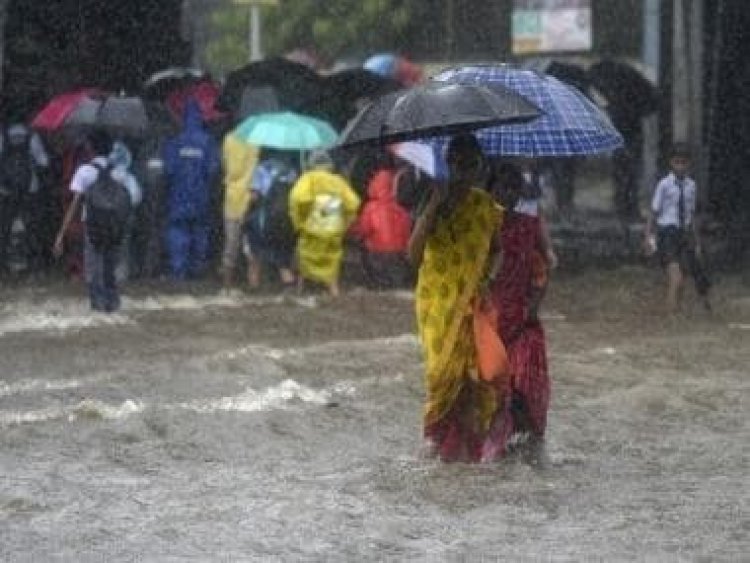Monsoon and infectious diseases: How to protect yourself from rainy season illnesses
Monsoon and infectious diseases: How to protect yourself from rainy season illnesses

Infections and disorders are more common during the monsoon season, primarily due to the weather change, increased humidity, waterlogging, mosquito breeding, etc. Infections transmitted by water and the air during the monsoon season commonly manifest as diarrhoea, dengue fever, typhoid and viral infections.
Acute gastroenteritis is a common problem during the monsoon season. This is because excessive rainfall has a negative impact on water quality. The most common complaints we receive are abdominal pain, low grade fever, watery stools, and vomiting. These symptoms are more common in children and the elderly. Furthermore, due to poor hygiene and eating habits, especially during the monsoon season, people are prone to gastroenteritis.
The second most common problem that people face during the monsoon season is viral hepatitis, which is caused by fecal oral contamination. Fecal oral contamination or fecal oral disease transmission occurs because of inadequate sanitation, poor hygiene practices, drinking untreated water, and other factors, which can result in high grade fever, a high level of jaundice, and the onset of hepatitis A and hepatitis E virus. We use symptomatic treatment to manage conditions such as fever, vomiting, and jaundice in various patients.
These are gastrointestinal diseases that are caused by microorganisms such as viruses, bacteria, and parasites. They are classified as acute or chronic enteric diseases. Acute enteric diseases and chronic enteric diseases are the two types. The acute enteric disease, acute gastroenteritis, occurs during the monsoon season. Chronic enteric disease, also known as inflammatory bowel disease, is a group of conditions characterized by chronic inflammation of the digestive tract. Chronic enteric disease symptoms last for several months to a year, whereas acute gastroenteritis symptoms last for three to five days.
The symptoms are similar, such as abdominal pain, loose motions, and blood in the stool, and often patients suffering from the same require a colonoscopy examination. Once diagnosed, it is easier to understand the type and treat accordingly. There are some enteric diseases that occur in the upper GI tract, such as celiac disease, which causes anemia and loose motions. To diagnose the condition, an endoscopy is performed, and such patients require long-term antibiotics to recover.
Following are some of guidelines to prevent gastrointestinal problems during the monsoon
- Boil or use purified water for cooking and drinking
- Maintain hygiene and keeping the surrounding clean
- Do not leave the food uncovered and outside for longer period
- Wash hands regularly with soap before and after having the meal
- Steer clear of fast food, especially during the rainy season
- Eat meals on time
- Avoid eating raw, junk and unhygienic food
- Drink water from the purified sources only
- Consume light, home-cooked hot meals in moderation
The author is Director, Gastroenterology, Institute of Digestive and Hepatobiliary Sciences, Medanta Hospital Gurugram. Views are personal.
Read all the Latest News, Trending News, Cricket News, Bollywood News,
India News and Entertainment News here. Follow us on Facebook, Twitter and Instagram.
What's Your Reaction?



























































